June 2020
Apprentices get a reality check
News

For the past year, a team of apprentices has been carrying out real-world tasks and projects for the ETH community. An initial review of the pilot project shows that this hands-on approach works: the programme has allowed young trainees in the fields of IT, interactive media design and business administration to acquire important skills for the working world.
Climate change is altering terrestrial water availability
News

The amount and location of available terrestrial water is changing worldwide. An international research team led by ETH Zurich has now proved for the first time that human-induced climate change is responsible for the changes observed in available terrestrial water.
A new theory for Semiconductors made of nanocrystals
News
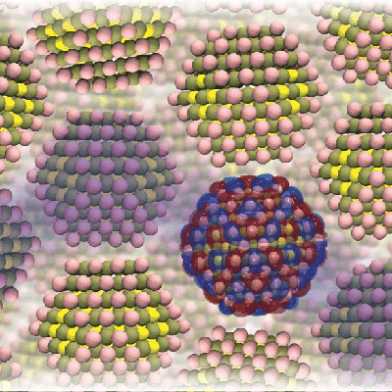
Researchers at ETH have provided the first theoretical explanation for how electrical current is conducted in semiconductors made of nanocrystals. In the future, this could lead to the development of new sensors, lasers or LEDs for TV screens.
Problem solving, turbocharged
News
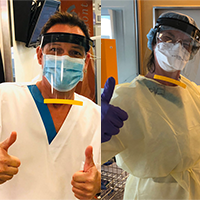
A healthcare solution born in an ETH student workshop has now entered mass production: the helpfulETH initiative is supporting hospitals during the coronavirus crisis by producing special face shields. ETH Zurich is working on the project alongside the University of Applied Sciences Rapperswil (HSR Rapperswil), Geberit and Swiss Prime Pack.
Warning on affluence
Zukunftsblog

Lorenz Keysser believes that in order to overcome ecological crises, we must recognise affluence as a main driver and fundamentally reconsider our economy and lifestyle.
Nucleus of artificial intelligence in Europe
News
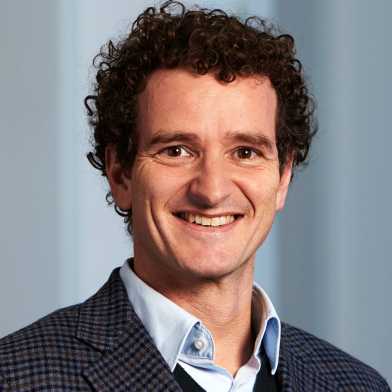
The Max Planck ETH Center for Learning Systems has established itself as an address for AI research and the promotion of young scientists. "We answer pressing questions that arise today," says its co-director Thomas Hoffmann.
Handing over the keys at Früebüel
News

Despite the coronavirus lockdown, the renovation and extension of Früebüel research station in Walchwil (Canton of Zug) was completed nearly on schedule. AgroVet–Strickhof, a research cooperative supported by ETH Zurich, the University of Zurich and Strickhof, now has state-of-the-art research and higher education facilities at its four locations.
Wavy surfaces for better light control
News
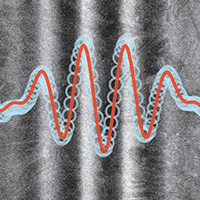
Researchers at ETH Zurich have developed a method for the production of wavy surfaces with nanometre precision. In the future this method could be used, for instance, to make optical components for data transmission on the internet even more efficient and compact.
“We can take medical research further at ETH”
News
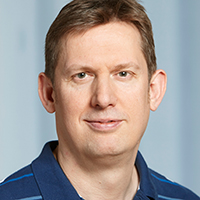
The Executive Board of ETH Zurich now has an Associate Vice President for Medicine: ETH Professor Christian Wolfrum. ETH News asked him about his goals, the university’s potential and where he sees the greatest need for action.
Growing polymers with different lengths
News
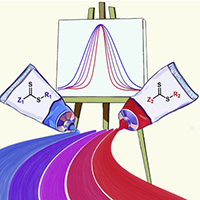
ETH researchers have developed a new method for producing polymers with different lengths. This paves the way for new classes of polymer materials to be used in previously inconceivable applications.